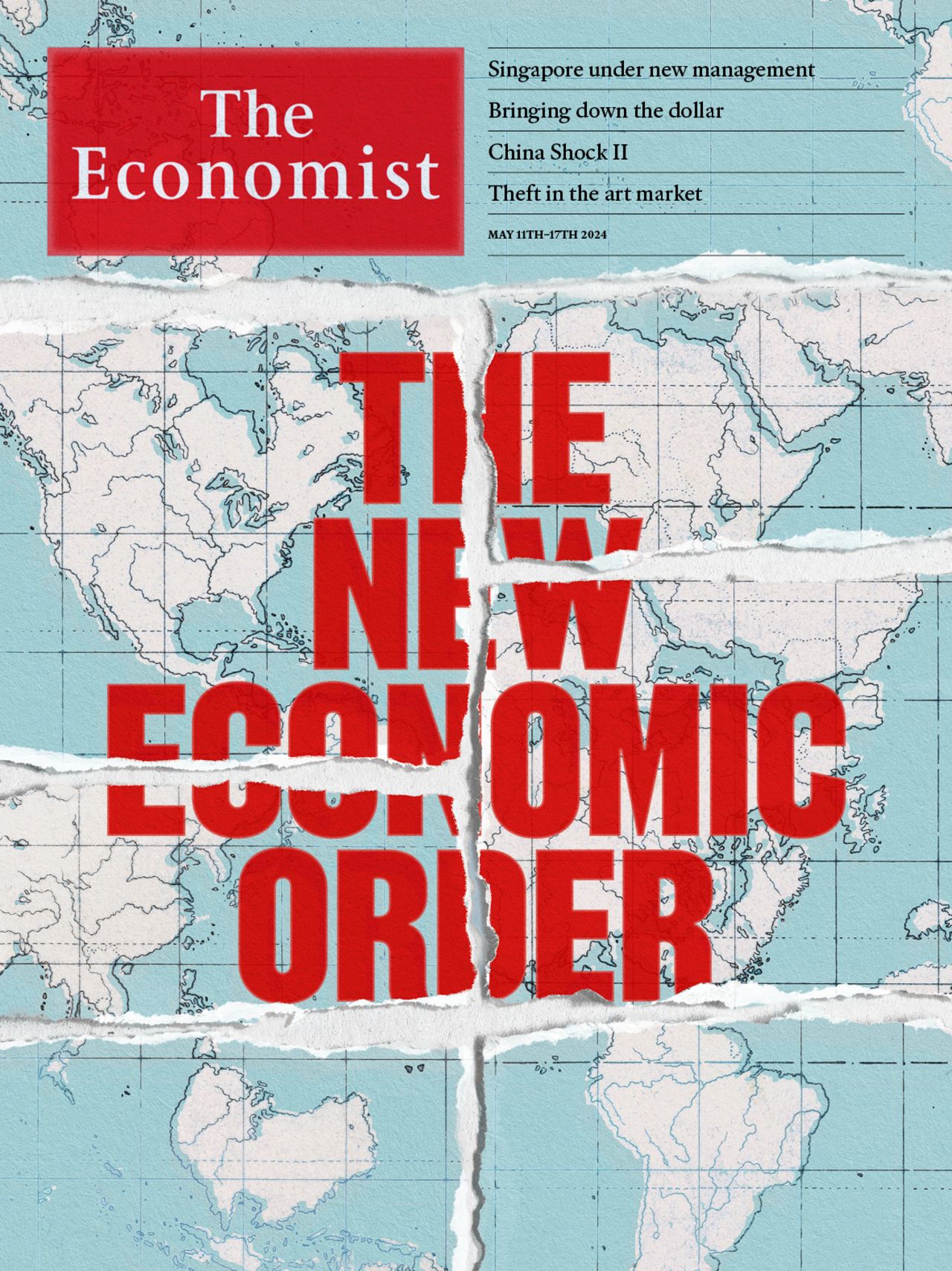How crises reshaped the world financial system
A brief history of fragmentation

Writing wistfully in 1919, John Maynard Keynes reflected on how the first world war had brought the first great age of financial globalisation to a crashing end. A few years earlier a Londoner sipping tea in bed could, with just a phone call, “adventure his wealth in the natural resources and new enterprises of any quarter of the world”. If government bonds were more to his fancy than commodities or startups, he could “couple the security of his fortunes with the good faith of the townspeople of any substantial municipality in any continent that fancy or information might recommend”. This ability to share “without exertion or even trouble” in the world’s wealth creation was part of “this economic Eldorado…this economic Utopia” in which Keynes had come of age—and which had been shattered by the war that broke out in 1914.
This article appeared in the Special report section of the print edition under the headline “A brief history of fragmentation”
